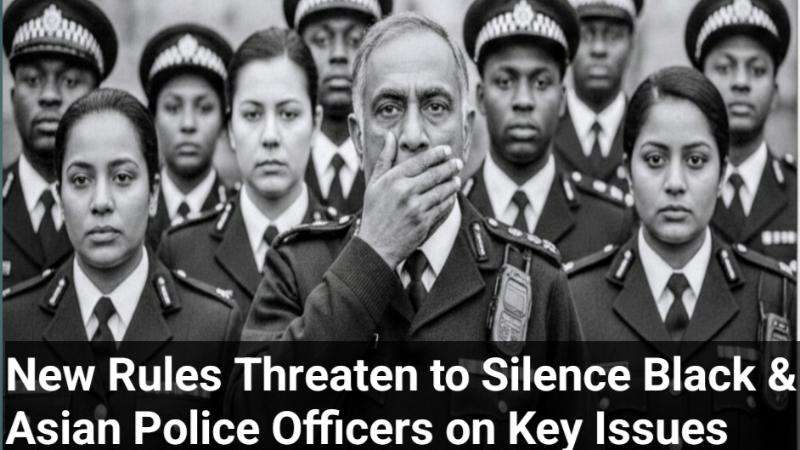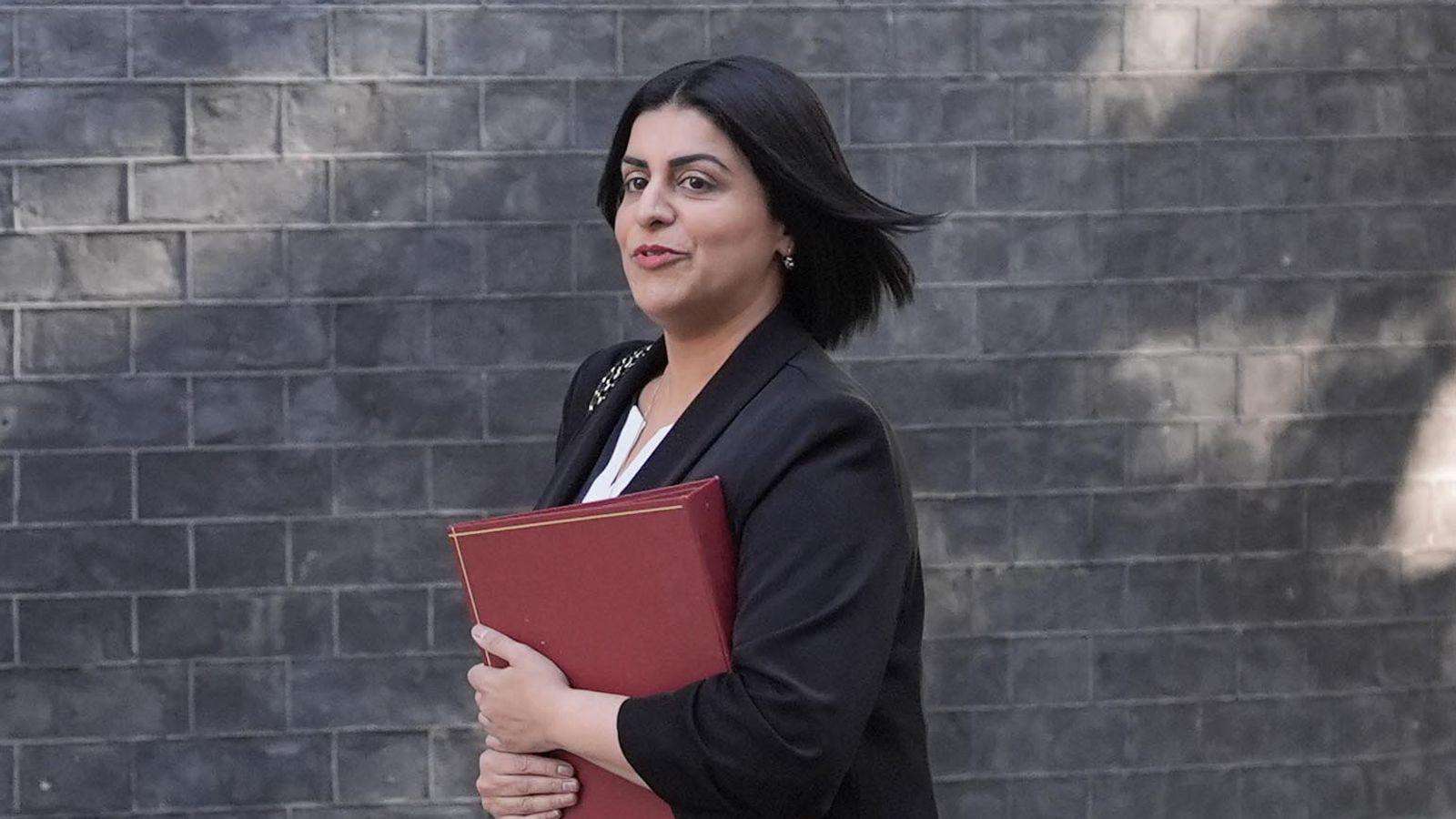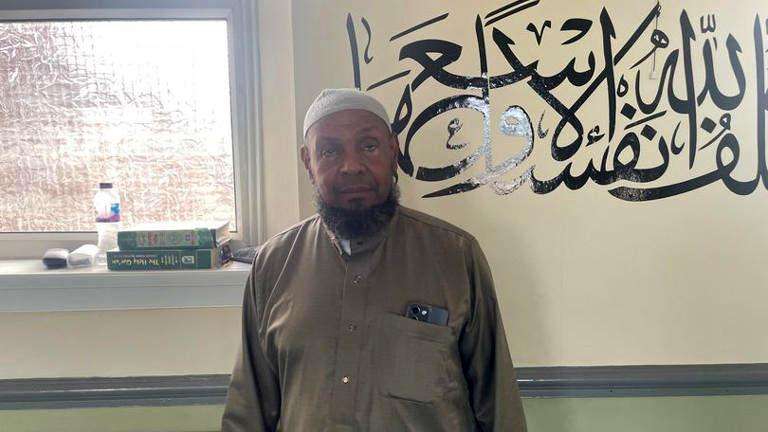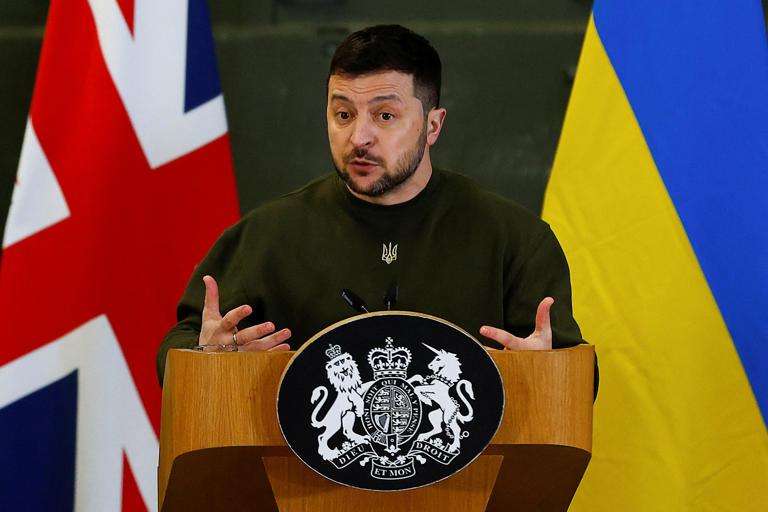Imam Ibrahim Hussein of Southport Mosque recalls the haunting image of rioters attempting to destroy the site, saying it still “flashes in his dreams.” However, he remains steadfast, vowing that the trauma will not stop the community from coming together this Ramadan.
As chairman of the Southport Mosque and Islamic Cultural Centre, Imam Hussein witnessed the far-right attacks on the mosque following the murders of three schoolgirls by 17-year-old Axel Rudakubana. Although the killer had no ties to Islam, misinformation spread online, falsely claiming the suspect was an asylum seeker.
In the aftermath, local volunteers helped clear the damage, while businesses assisted in repairing the mosque’s shattered windows and broken walls.
Imam Hussein acknowledged the lasting impact of the violence but emphasized the mosque’s commitment to rebuilding unity as Ramadan’s 30 days of fasting begin.
The mosque is organizing special community evenings, inviting local residents to join worshippers in sharing meals as they break their fast.
Imam Hussein expressed gratitude for the support received after the riots, saying, “We appreciate how non-Muslims helped us then and continue to do so. This Ramadan, they are welcome to join us in breaking the fast and being part of this mosque.”
Since the attacks, the mosque has continued to receive acts of kindness from the community, with visitors bringing refreshments, chocolates, and flowers.
Reflecting on the incident, Imam Hussein said, “Those who opposed this mosque so openly represent less than 1% of the community.”
He added: “What people hear about Islam and what they see is completely different, and nobody is asking anybody to change their religion, but they find that this a respectable religion.” Inter-faith gatherings have been held in the seaside town since the summer, with Mr Hussein adding: “It’s always good to have people appreciate what you do, people don’t see colour and regard you as one of them.”
The ECHO recently reported that Merseyside's police chief sought to counter misinformation following the Southport murders by disclosing the religion of Axel Rudakubana. However, local crown prosecutors advised against it.
Chief Constable Serena Kennedy told MPs on the Home Affairs Select Committee that she had planned to include this information in a press release and conference on July 31, when the police announced that Rudakubana, who was unnamed at the time, had been charged.
Kennedy was aware of false claims circulating that the suspect was an asylum seeker and that hate crimes against the Muslim community had increased. However, prior to the press conference, she had a 90-minute discussion with the deputy branch crown prosecutor and the local CPS communications team, who strongly objected to including details about Rudakubana's religion. Following their advice, she chose not to disclose it publicly.
The police chief disclosed that she learnt after the press conference that the national CPS had also been called for advice, but that they had responded by expressing their happiness with the release of Rudakubana's religion. She informed the committee: "I wanted to try and debunk the misinformation that was out there about the suspect's religion because we knew that some of it was affecting our Muslim community.
When asked if she felt there was inconsistency between the national and local CPS approach, the Chief Constable explained that she was following guidance from the deputy crown prosecutor, who was "very clear" about prioritizing justice. She emphasized, "At all times, I have not wanted to do anything that would compromise that justice."
Rudakubana was sentenced to life in prison with a minimum term of 52 years—one of the highest minimum terms on record—for the murders of Alice da Silva Aguiar, nine, Bebe King, six, and Elsie Dot Stancombe, seven, at a Taylor Swift-themed dance class in Southport on July 29 last year.
The 18-year-old also attempted to murder eight other children, who are protected by legal restrictions, as well as class instructor Leanne Lucas and businessman John Hayes. In the aftermath of the attack, false claims circulated online, including that the suspect was an asylum seeker.
Following the stabbings, violent disorder erupted across the country, with mosques and hotels housing asylum seekers among the targets. When MPs asked if sharing more information about the suspect could have prevented the disorder from escalating, the Chief Constable said, "It's really difficult to say," but noted that the media protocol in place was 19 years old.
She pointed out that social media, particularly platforms like Telegram—which had 900,000 users at the time—was not even around 19 years ago. "This case really highlights why we need to rethink how we release information to the public, while also ensuring we don't interfere with the criminal justice process," she added.
On her desire to release details about Rudakubana's religion, the Chief Constable explained that in the days following the attack, hate crimes in Merseyside surged from 130 to 170. "We knew the impact it had locally on our Muslim communities and nationally," she said, emphasizing that she wanted to clarify there was no connection between the suspect and the Muslim faith, but was unable to disclose this at the time.
She also explained that the police and CPS worked "really closely" throughout the investigation—from the charges to the sentencing—to ensure everything was handled appropriately, with a family-centered approach in mind.








.svg)


